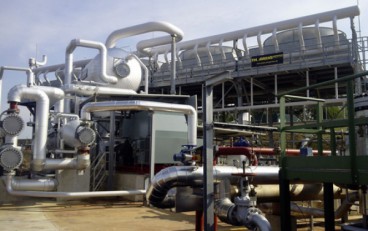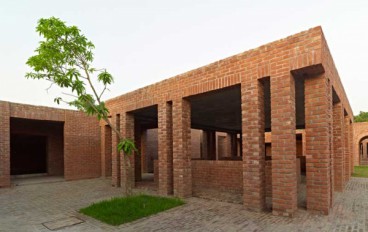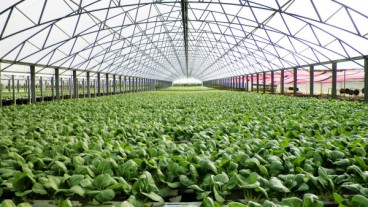Drilling deeper: New Zealand explores supercritical geothermal

New Zealand’s government has allocated NZ$60 million to accelerate exploration of supercritical geothermal energy, aiming to access reservoirs at extreme temperature and pressure conditions that could transform the country’s baseload renewable capacity.
Under the “Geothermal: The Next Generation” research programme, GNS Science and collaborating institutions are working to identify exploratory drilling targets in the Taupō Volcanic Zone (TVZ), where high heat flow and active crustal processes suggest accessible supercritical conditions at depths between 3.5 and 6 km.
Supercritical geothermal refers to a fluid state in which water exceeds 373 °C and 220 bars of pressure, resulting in energy densities up to three to seven times greater than conventional geothermal systems operating at 200–300 °C. Such enhanced enthalpy could allow significantly more power generation per well, reducing the number of boreholes needed for comparable output.
However, engineering challenges include the uncertainty of permeability at these depths and conditions. Drilling to 5–6 km may encounter rock so ductile that natural fractures collapse, preventing flow; past experiences in Japan and Italy have observed such behavior. Corrosive fluids in superheated zones could demand advanced materials, fluid handling systems, or reinjection strategies to manage chemical aggression and thermal stresses.
New Zealand’s commitment to deep geothermal is intended to diversify its renewable portfolio beyond solar, wind, and hydro, offering continuous 24/7 generation that is less variable than intermittent sources. The country’s design of a governance group and site identification process also underscores the strategic effort to de-risk early exploratory investment.
Sources: Beehive, TechXplore
Want to read more like this story?

Kuju volcano study maps permeable windows for supercritical geothermal
Oct, 18, 2025 | NewsA recent study published in Communications Earth & Environment presents high-resolution seismic...

China and Iceland deepen cooperation in geothermal energy
Oct, 15, 2025 | NewsChina and Iceland have issued a joint statement committing to enhanced cooperation on geothermal en...

California bill expands clean energy certification to geothermal
Oct, 16, 2025 | NewsThe State of California has passed legislation to incorporate geothermal energy facilities into its...

South America map reveals 6,000 GW of untapped geothermal power
Oct, 17, 2025 | NewsProject InnerSpace today announced the launch of GeoMap™ South America, a geothermal exploration p...

This geothermal power plant in France takes advantage of heat tapped in deep rock, supplying electricity to 3,000 households
Oct, 17, 2017 | NewsThe site was formerly used as a research facility The site was formerly used as a research facility...
Geothermal energy spots: Scientists are planning a 'CAT scan' of a B.C. volcano
Sep, 01, 2022 | NewsScientists are planning a “CAT scan” of a British Columbia volcano to help harness the underground...

UK’s most suitable geothermal areas strongly overlap with areas in need of investment, study finds
Jun, 07, 2023 | NewsA study conducted by Durham University and commissioned by Kieran Mullan, Member of Parliament (MP)...

Polis Administration Awards $7.3 Million for Innovative Geothermal Heating and Cooling
Oct, 18, 2025 | NewsThe Colorado Energy Office (CEO) announced $7.3 million in awards through the third cycle of the Co...

Three geothermal deep wells to be drilled in Košice, Slovakia
Oct, 16, 2025 | NewsThe city of Košice in eastern Slovakia is initiating a geothermal development project with the dril...
Trending

Vertical gardens in Mexico City to combat pollution

Saudi Park Closed After 360 Big Pendulum Ride Crashes to Ground, 23 injured

Characteristics of Load Bearing Masonry Construction

Taipei 101’s impressive tuned mass damper

Dutch greenhouses have revolutionized modern farming

Federal court rules Biden’s offshore drilling ban unlawful


